Disgruntled former Zanu-PF member and opposition leader Jealousy Mawarire has accused exiled former cabinet minister Professor Jonathan Moyo of being part of an alleged plot to abolish Zimbabwe's 2028 general elections and extend President Emmerson Mnangagwa's rule beyond his constitutional term.
The accusations centre on a controversial document titled "Breaking Barriers Initiative," which Mawarire claims outlines plans to amend Section 92 of the Constitution - the provision mandating that the President be elected by universal adult suffrage.
According to Mawarire, the document proposes that future presidents be elected by Parliament rather than by the general electorate, effectively paving the way for Mnangagwa's continued stay in power through a legislative process rather than a popular vote.
"That document talks about - it is an attempt actually - to legally, so to speak, extend the President's term of office by amending Section 92 of the Constitution," said Mawarire. "Section 92 states that the President is to be elected by all registered voters in Zimbabwe.
"The repeal of Section 92, which is being pushed by that document, would then result in a situation where the President would be elected only by Parliament. The thinking is that if that constitutional amendment goes through, it has the legal effect of ending the President's current term," he added.
The claims come amid renewed focus on internal Zanu-PF debates over succession and leadership tenure, particularly as the ruling party convenes its National People's Conference this week. The conference, which began on Tuesday, is expected to revisit resolutions adopted at last year's Bulawayo meeting - among them, a controversial proposal to extend Mnangagwa's leadership beyond 2028.
This is despite Mnangagwa's repeated public statements affirming that he has no intention of remaining in power past the end of his second term.
Mawarire further alleged that a network of politically connected businessmen is backing the so-called "Breaking Barriers Initiative" to safeguard their wealth and influence.
"This is motivated by criminality because the guy has accumulated a lot of wealth, and he knows that, along the way, there are issues to do with human rights violations that he wants to run away from, and this one is a very good cover for him to go for as long as possible," Mawarire said.
"I am actually thinking this guy is pushing to die in office. If you look at 2035, how old will he be? A lot of people are not happy with how he is running the country," he added.
In response, Professor Jonathan Moyo dismissed the allegations as unfounded and misleading. Writing on his social media platform, Moyo accused Mawarire of spreading baseless rumours to stir political tension.
"But first it would help to unpack the proverb itself, for its origins reveal a deeper truth," Moyo wrote cryptically in apparent reference to Mawarire's claims. "Far from literal, it stems from the grim reality of rabies: a suspected animal is often quarantined or euthanised to curb the spread of its disease, making the disease a perfect pretext for destruction."
Moyo went on to suggest that such allegations were part of Zimbabwe's "toxic political culture" characterised by false accusations used as "pretexts for unjust actions."
"At its core, the proverb delivers a twofold moral maxim: Beware of false accusations or pretexts for unjust actions. On the dark side, it warns against the toxic tendencies such as the kind of poisoning in Zimbabwean politics today," he said.
Neither government officials nor Zanu-PF spokespersons have commented on the alleged "Breaking Barriers Initiative."
If verified, the proposals would mark one of the most dramatic constitutional shifts since the 2013 Constitution came into effect - a move certain to ignite fierce debate over Zimbabwe's democratic trajectory and the sanctity of presidential term limits.
- NewZimbabwe
 Mnangagwa declares SA crash a State of Disaster
Mnangagwa declares SA crash a State of Disaster  SA businessman acquitted in US$17,000 fraud case
SA businessman acquitted in US$17,000 fraud case  'Some very strange things are happening in China!'
'Some very strange things are happening in China!'  Zimbabwe's dollar stock exchange surges 45%
Zimbabwe's dollar stock exchange surges 45%  Gold edges up as traders await guidance
Gold edges up as traders await guidance  Zimbabwe named World's best country to visit in 2025 by Forbes
Zimbabwe named World's best country to visit in 2025 by Forbes  Young Investment Professional (YIP) Graduate Programme 2019
Young Investment Professional (YIP) Graduate Programme 2019 
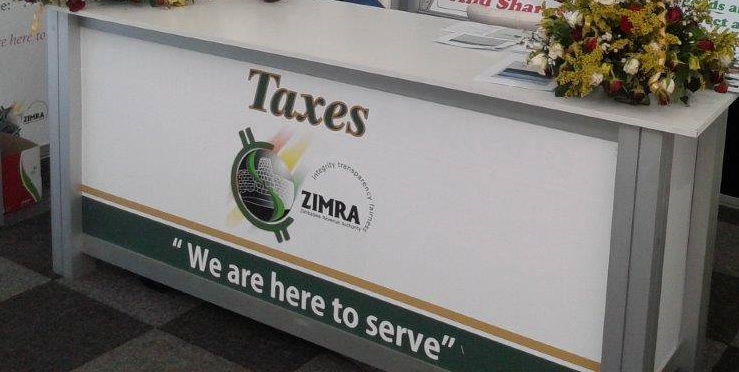
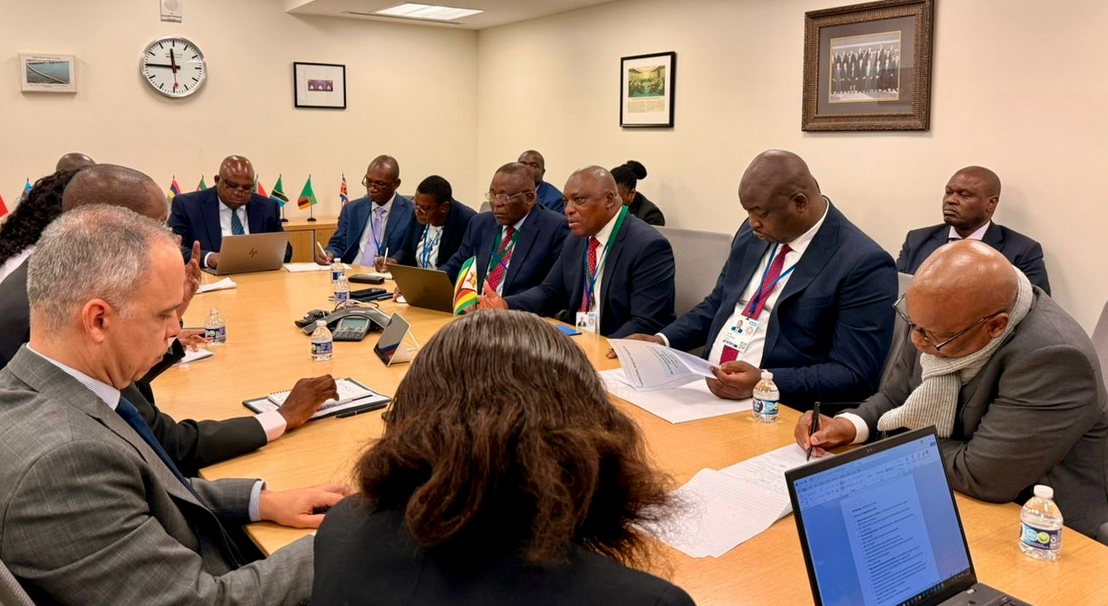


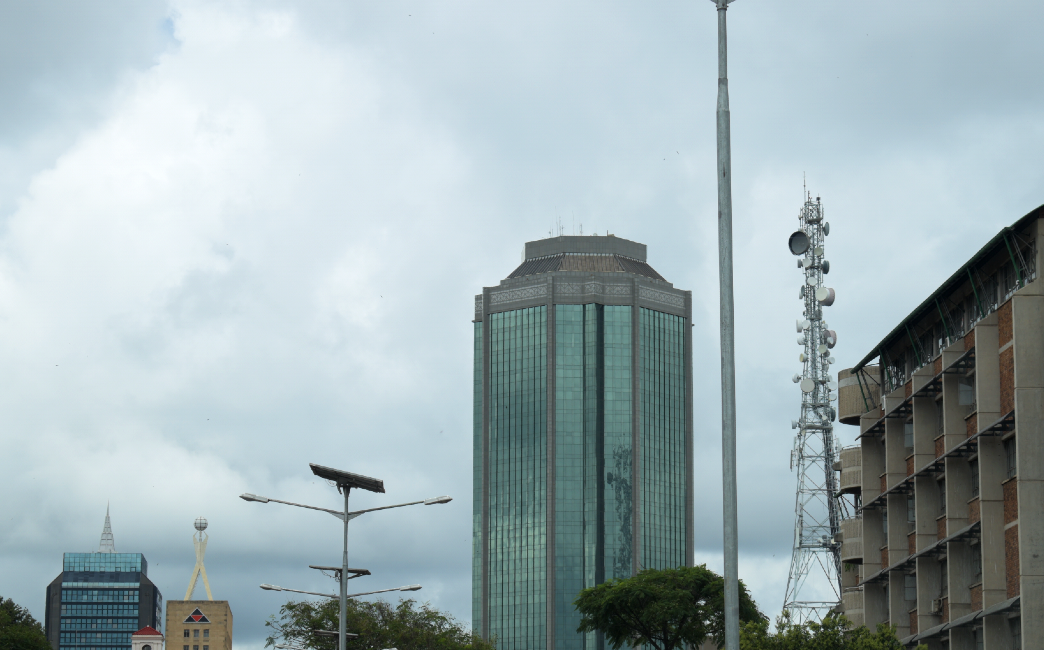


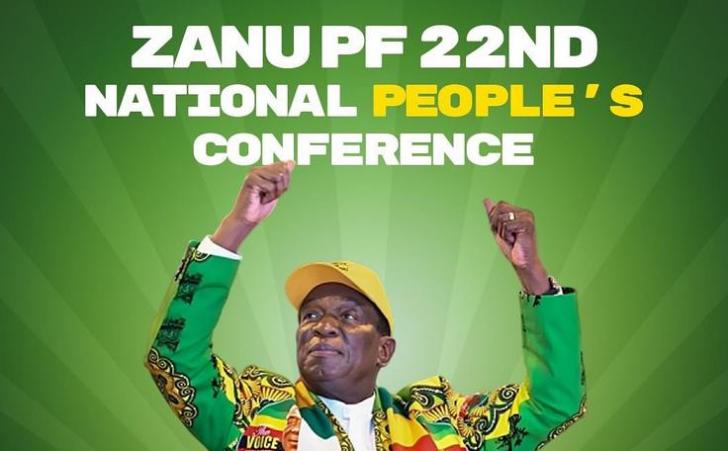
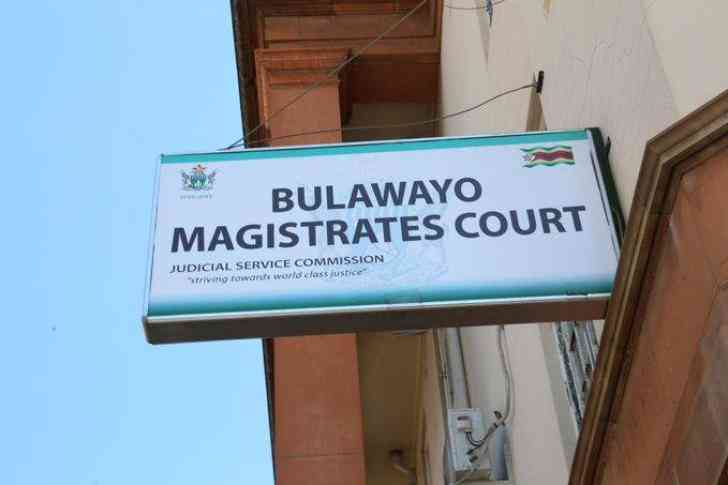

 Young Investment Professional (YIP) Graduate Programme 2019
Young Investment Professional (YIP) Graduate Programme 2019
Editor's Pick